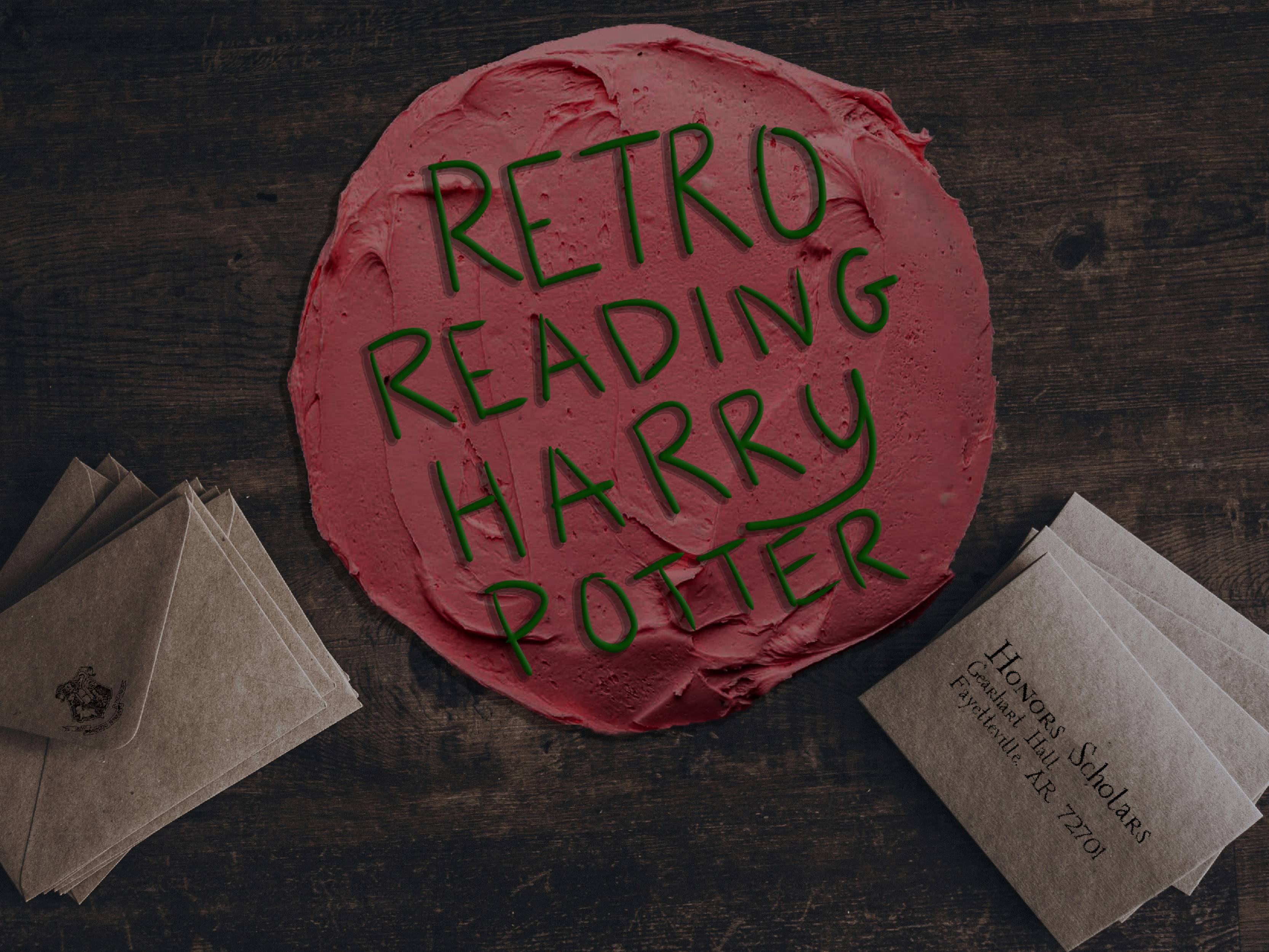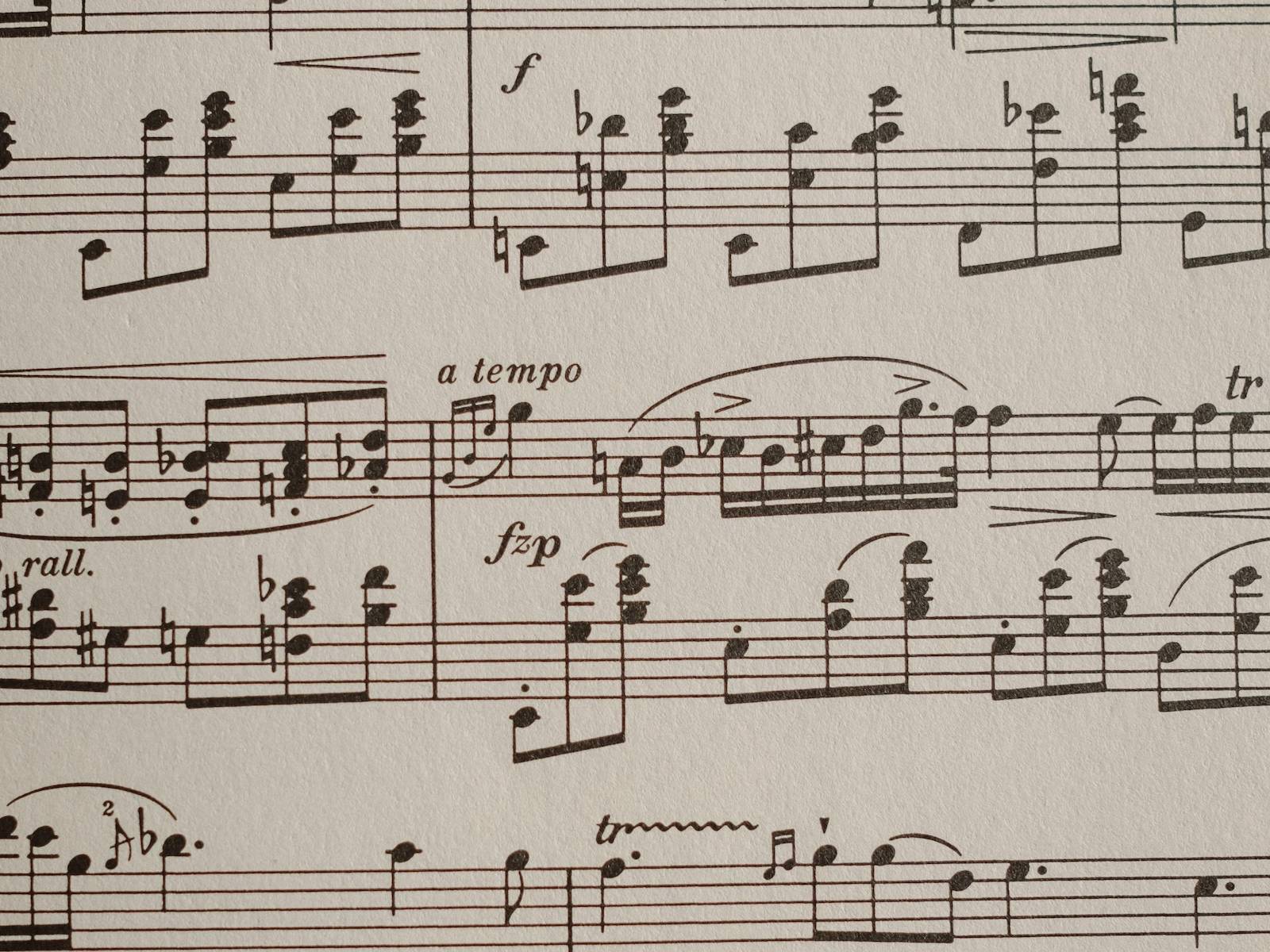Retro Readings
ABOUT RETRO READINGS/HNRs 301H1
In our Retro Readings courses, students receive a “close reading” experience, the hallmark of a liberal arts education. Faculty experts partner with honors students from all colleges in a 75-minute, seminar-style discussion in which they view classic works through a contemporary lens. Courses may focus on an author, an artist, a composer or even a revolutionary idea.
For a full listing and descriptions of past Honors College courses, visit our course archive.
Harry Potter

The Harry Potter series is one of the most successful and popular book series in modern times. Despite being dismissed as mere children’s literature by some, the Harry Potter books resonated with an entire generation and their parents. In this class, we will examine Harry Potter as a work of literature, as a cultural touchstone and as a multi-billion-dollar industry. You will be challenged to think about Harry Potter in new ways, touching on the fields of history, gender studies, international relations, political science, and sociology. We will examine all of the things we love about Harry Potter, while also taking a critical look at some of the issues in the text as well as what the text itself – and its reception – tell us about society.
In our literary criticism of the series, we will examine how the books build upon and transform common literary tropes in order to question whether Rowling has produced something new or a reproduction. We will analyze Rowling’s textual treatment of race, class, and gender, and place the books in the historical context of British literature and British colonialism. And we will examine broadly how the books have influenced society and culture in the late 20th century and beyond. For instance, are the books fundamentally progressive or do they reinforce Western cultural norms? How do the books influence readers, and how have readers transformed interpretations of the books through their own influence? Have the meaning and cultural impact of the books changed as they have become increasingly franchised?
Throughout the class, we will discuss J.K. Rowling’s apparent desire to be the sole arbiter of how the books should be interpreted, as well as her personal statements made online regarding the transgender community. Through this discussion we will attempt to answer the question: can an artistic product be separated from its creator? And if it can, should it?
And of course, we will take some time to discuss a few of the most pressing questions for Harry Potter fans: is The Cursed Child canon? What if Voldemort had picked Neville? Dumbledore: hero or villain? Movies: redeemable or pure trash? Which deathly hallow would you choose? What did Dumbledore really see in the Mirror of Erised? And many more!
This course is taught by Chelsea Hodge.
Learn more on the course page.
Bridging Differences: Music’s Lessons About Contrasts and Labels

This course will consider a variety of ways that composers first convey contrasts in their music and then break down the traditional formal boundaries that these contrasts or labels might have imposed. Our focus will be on how interpretations can be formed and shift based on these contrasts and if their elements remain opposed or are found to share some of the same spaces. The class will also consider the composition sketches for several pieces, including Beethoven’s “Eroica” Symphony and Schubert’s Winterreise to observe how contrasts and boundaries sometimes change over the course of the creative process. Several situations will be explored where a single chord has the ability to shift function, surprise the listener, and lead to different outcomes. In addition, we will consider instances of later composers “smoothing out” other composers’ compositions that were too jarring for their ears in attempts to limit the extremes that are inherent in contrasts. The class, along with introducing and studying works by Mozart, Beethoven, Brahms, Clara and Robert Schumann, and Schubert, will allow students the opportunity to choose more recent songs to reflect on the course’s themes. It will be helpful to be able to read music, but no background in music analysis is required.
This course is taught by Alan Gosman.
Learn more on the course page.